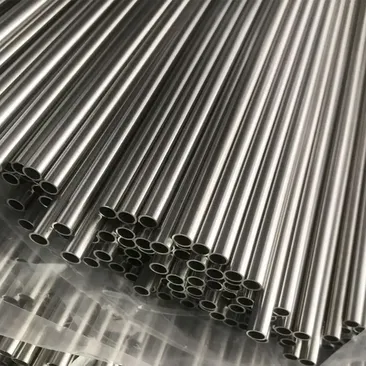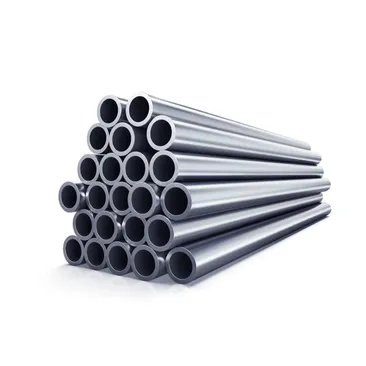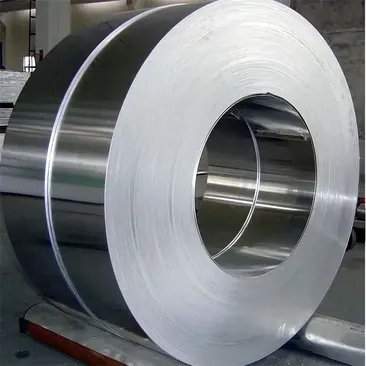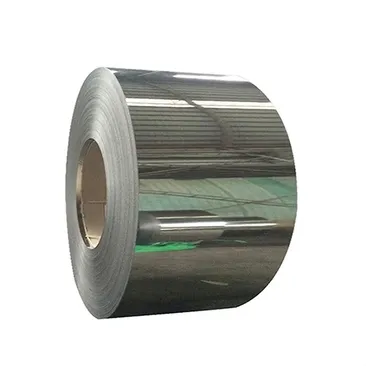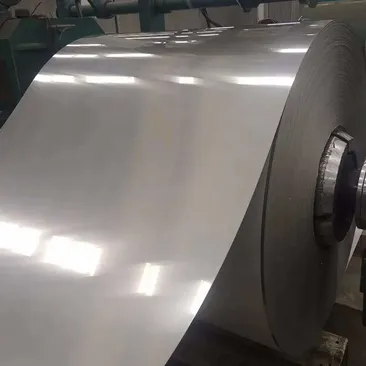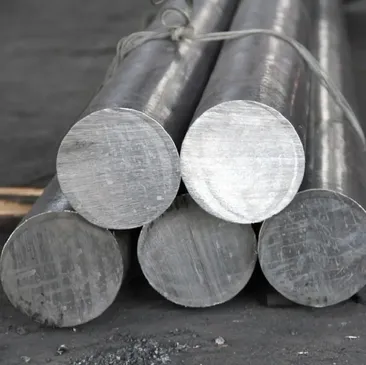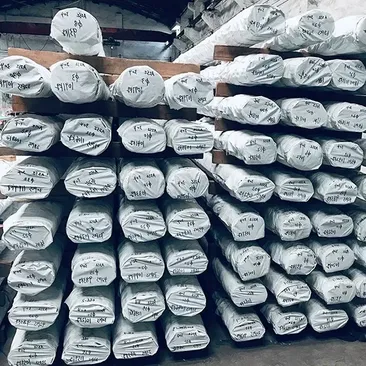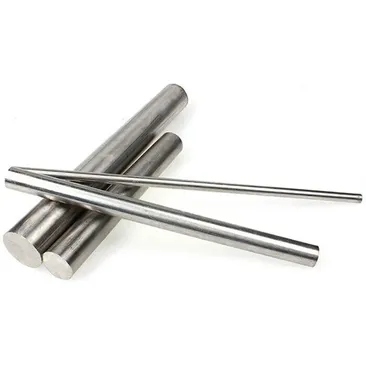The 316H stainless steel pipe offers several advantages, including enhanced high-temperature strength and excellent corrosion resistance. Its higher carbon content provides superior strength at elevated temperatures, making it ideal for applications in chemical processing, petrochemical, and pharmaceutical industries. Additionally, its resistance to corrosion ensures durability in corrosive environments. Overall, the 316H stainless steel pipe provides reliable performance and longevity in demanding applications where both strength and corrosion resistance are crucial.
The 316Ti stainless steel pipe offers several advantages, including exceptional corrosion resistance, elevated temperature strength, and resistance to sensitization. Its titanium stabilization enhances its resistance to intergranular corrosion and sensitization, making it ideal for applications in chemical processing, pharmaceuticals, and marine engineering. Additionally, its ability to withstand harsh conditions and exposure to corrosive substances ensures reliable performance and durability. Overall, the 316Ti stainless steel pipe provides excellent corrosion resistance and thermal stability in demanding environments, making it a preferred choice for critical applications.
The advantages of 316 stainless steel coils are rooted in their exceptional corrosion resistance, making them a preferred choice for applications in harsh environments such as marine, chemical, and pharmaceutical industries. Their resistance to corrosion from chlorides, acids, and alkalis ensures longevity and reliability in challenging conditions. Additionally, these coils offer high tensile strength, excellent formability, and low maintenance requirements, making them versatile and cost-effective solutions for a wide range of industrial and commercial applications, including architectural, automotive, and food processing.
316H stainless steel coils offer distinct advantages, particularly in high-temperature environments and corrosive conditions. With a higher carbon content than standard 316 stainless steel, these coils exhibit enhanced strength and creep resistance at elevated temperatures, making them well-suited for applications in industries such as chemical processing, petrochemical, and power generation. Their superior resistance to corrosion from acids, alkalis, and chlorides ensures reliability and longevity in demanding operating conditions. Additionally, their formability and weldability contribute to ease of fabrication, providing versatility and efficiency in manufacturing processes.
The advantages of 316Ti stainless steel coils lie in their exceptional corrosion resistance and elevated temperature performance. With the addition of titanium, these coils exhibit increased stability against sensitization and intergranular corrosion, making them ideal for use in aggressive chemical environments and high-temperature applications. Their superior resistance to corrosion from acids, alkalis, and chlorides ensures durability and longevity in demanding industrial settings. Additionally, their versatility, formability, and weldability make them a preferred choice for a wide range of manufacturing processes, including the production of heat exchangers, pressure vessels, and other critical components.
The 316 stainless steel round bar boasts several significant advantages, including outstanding corrosion resistance, particularly against chlorides and acidic environments, making it ideal for marine and chemical applications. Its high molybdenum content enhances its resistance to pitting and crevice corrosion. The alloy also offers excellent strength and durability, ensuring reliable performance under harsh conditions. Additionally, it has good weldability and formability, allowing for versatile use in a wide range of industrial applications, from medical devices and food processing equipment to structural components and fasteners. Overall, the 316 stainless steel round bar provides a robust, long-lasting solution for demanding environments requiring superior corrosion resistance.
The 316H stainless steel round bar offers several key advantages, notably its superior strength and corrosion resistance at high temperatures. Its elevated carbon content enhances its ability to withstand creep and thermal cycling, making it ideal for applications in high-temperature environments such as heat exchangers, boilers, and furnace components. Additionally, its excellent corrosion resistance ensures durability in corrosive settings, extending its lifespan in harsh industrial conditions. The alloy's versatility, coupled with its reliable performance, makes it a preferred choice for critical applications where both strength and resistance to thermal and chemical degradation are paramount. Overall, the 316H stainless steel round bar provides a robust solution for demanding high-temperature applications.
The 316Ti stainless steel round bar offers several key advantages, including superior corrosion resistance, particularly in high-temperature environments, due to the addition of titanium. This stabilizing element prevents carbide precipitation during welding and extended exposure to elevated temperatures, maintaining the alloy's strength and corrosion resistance. It also exhibits excellent mechanical properties and durability, making it suitable for demanding industrial applications. Furthermore, its enhanced resistance to pitting and crevice corrosion ensures reliable performance in harsh, corrosive environments. Overall, the 316Ti stainless steel round bar provides a robust, long-lasting solution for high-temperature and highly corrosive applications.



